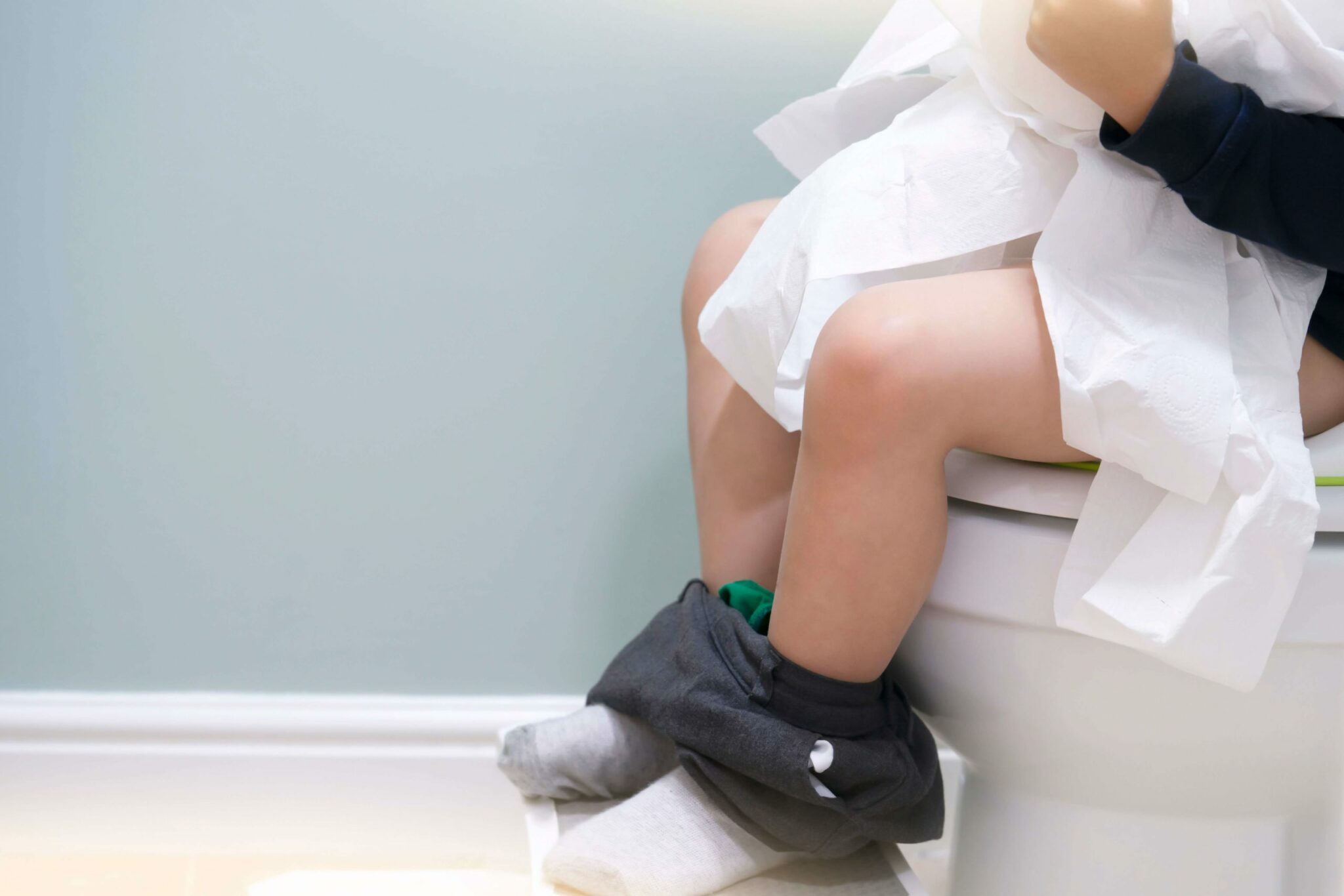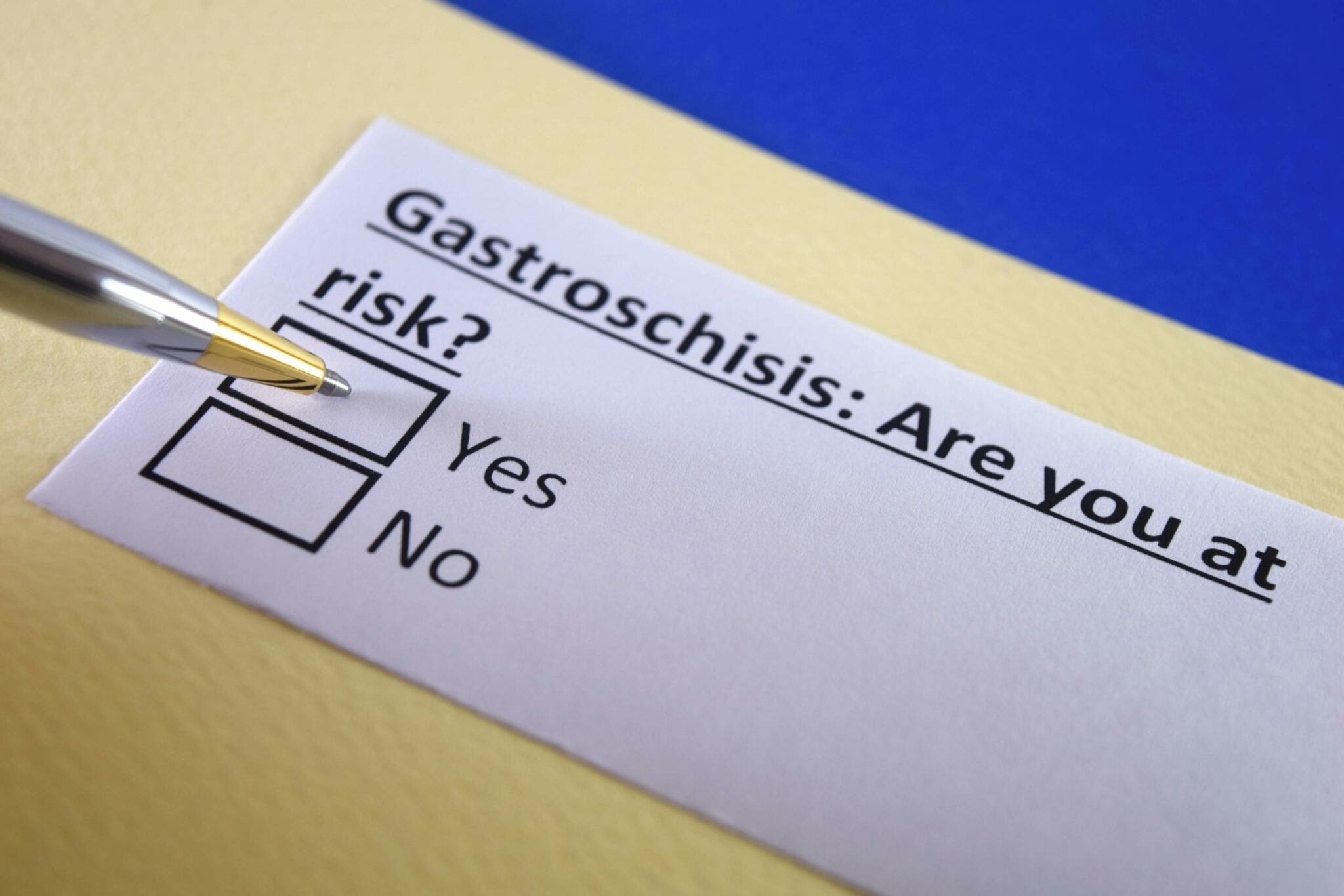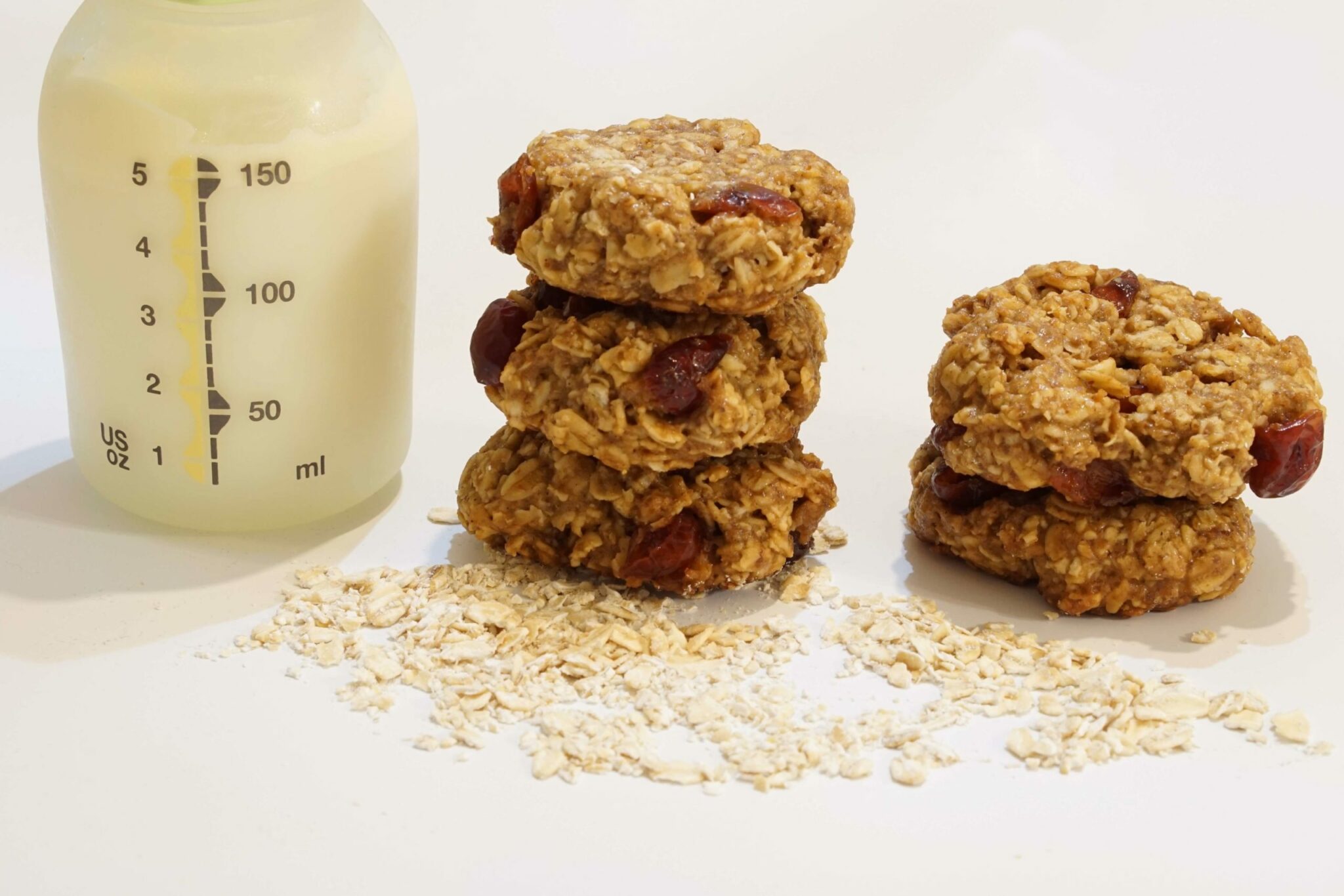How Often Should my Baby or Child Poo?


Frequency of bowel movements can be added to the long list of things we never dreamed we’d worry about before becoming parents. And yet, from the first day of our baby’s life, we are concerned with their poo, whether it’s the colour, issues surrounding constipation, or even refusal in toddlers.
Along those lines, how often should a child poo? The answer depends on the age of the child and their symptoms. For example, a newborn baby should empty their bowels within the first 24 hours of life. Failure to do so is a red flag that something in their digestive system is not working correctly.
After the first few days, most newborns poo several times a day and continue to do so for the first few weeks of infancy.
After a month of life, it is not uncommon for stool frequency to decrease to once a day, sometimes less. The key is that the baby is eating well, is comfortable, and that when the stool does come out, it is soft and pasty. Hard balls mean constipation and often leave the infant uncomfortable.
Once an infant begins to eat pureed foods, after they turn six months, the frequency of stool might change again. This time the culprit is new foods and a tummy that is adjusting to these new foods. Still, most older infants have soft, easy-to-pass bowel movements regularly, anywhere from a few times a week to a few times each day. Again, a change in the pattern that leads to hard stools or painful stools is more important to note than the actual frequency of stools. Encouraging a good diet of fruits, veggies, and formula or breast milk aids in digestion.
Toddlers can be tricky because behavior comes into play. Ideally, toddlers have soft, easy-to-pass bowel movements nearly every day. Toddlers can learn to hold stool because they are too busy or just not interested in going to the bathroom. This can lead to stomach aches, fussy eating habits, and a grumpy child. A great diet, full of fruits, vegetables, and plenty of water, helps maintain soft, easy-to-pass stools. Simple carbohydrates such as those found in many easy-to-feed toddler foods like mac ’n’ cheese, crackers, pasta, and pretzels can decrease stool frequency, making them hard to pass and uncomfortable. Making sure toddlers feel comfortable and safe helps them avoid holding behaviors that can lead to trouble.
Preschoolers continue the same frequency of stools they experienced as younger kids. With a good diet, they should have soft bowel movements that do not cause pain or stress. Making sure they are not rushed, have some privacy, and get into a routine can help minimize disruptions in their bowel movements. For newly toilet trained kids, remember that resistance to going “number 2” in the toilet is common. Also, offering them a stool to rest their feet on while sitting makes going to the toilet easier than when feet are dangling off the grown-up seat!
Powered by Bundoo®












































